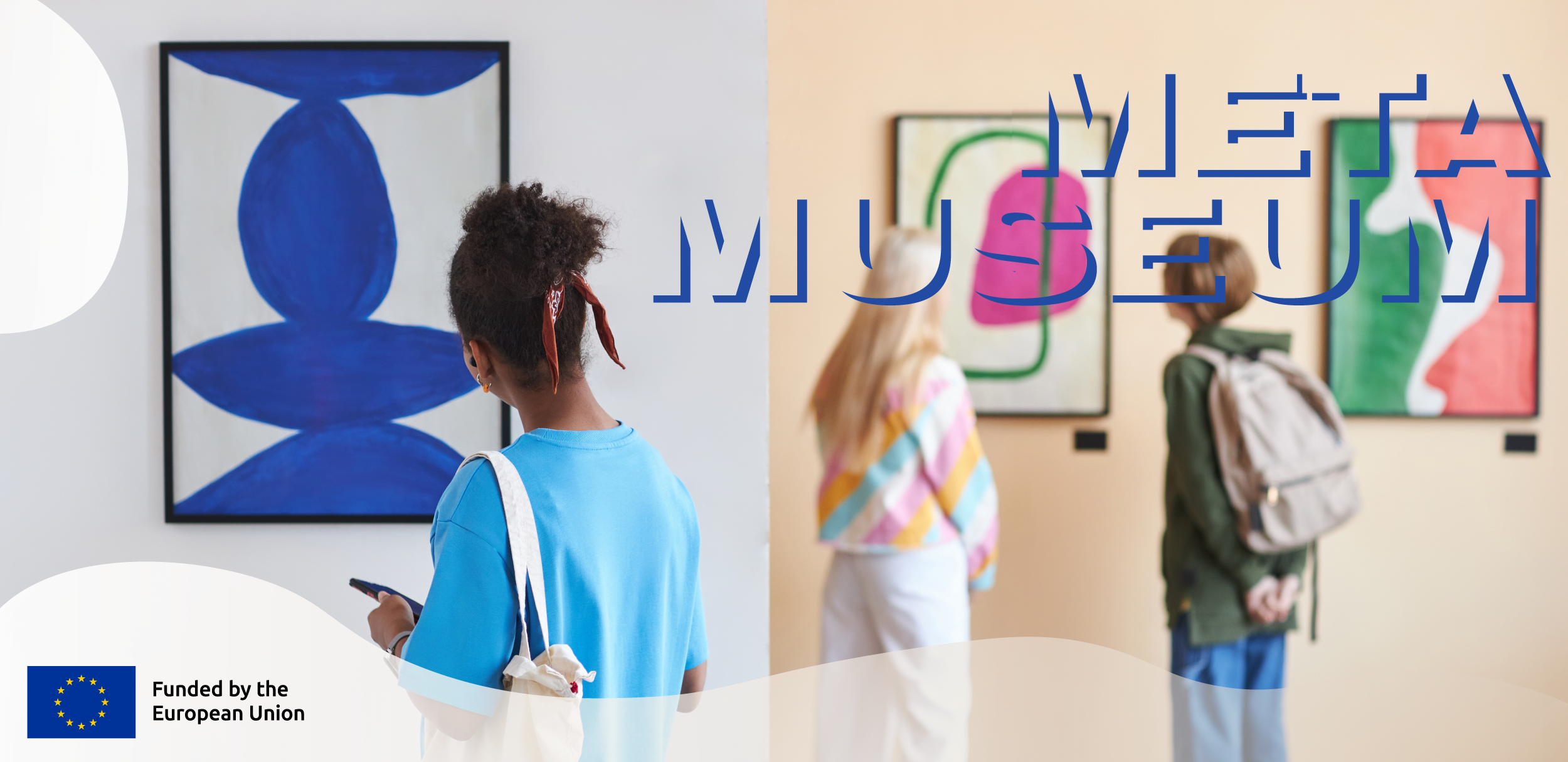Research experiments will be conducted at 3 European museums: the Archaeology Museum of Catalonia in Barcelona, MuséoParc Alésia in France, and the Egyptian Museum in Turin.
Can visiting museums solve modern-day problems?
Theories on how cultural heritage influences people’s ability to handle contemporary challenges have gained ground in recent years. A visit to a museum can assist the visitor in navigating today’s world by offering an environment that is conducive to understanding and reflecting on history and culture, which strengthens their sense of identity and belonging. Immersing oneself in cultural heritage can inspire a fresh perspective on everyday problems, which facilitates personal growth. Museum exhibits often showcase a variety of human experiences, which can help cultivate empathy and understanding towards others. Artistic and historical exhibitions can also serve as ‘catalysts’ for discussions on contemporary challenges, such as social, economic, or environmental changes, as well as encouraging active participation in addressing them. Thanks to their calming atmosphere and aesthetic appeal, museums alleviate stress and enhance wellbeing. They also serve as communal spaces that promote dialogue between disparate social groups, thus contributing to social integration. Educational programmes organised by museums help develop critical thinking skills, which are crucial in identifying misinformation and understanding the complexities of the modern world. Interactive exhibits and workshops can strengthen visitors’ sense of personal agency and inspire proactive behaviour in tackling challenges, both individually and across communities. In short, cultural heritage can support individuals to handle modern-day challenges.
What is META-MUSEUM?
META-MUSEUM is not a recent addition to the cultural map of Europe: the term was introduced by experts from 10 countries who established the framework for a new research project. It is named to highlight the correlation between cultural heritage and neuroscience. The significance of cultural heritage in personal development, social integration, and the functioning of individuals and societies is gaining recognition, with numerous studies confirming its impact on cognitive and emotional levels.
‘In October 2024, researchers at OPI will launch a new project, involving collaboration with 14 scientific institutions from 10 countries. This novel research initiative has the potential to lead to the formulation of interesting theories and the creation of innovative tools. META-MUSEUM converges culture, neuroscience, and cutting-edge technologies,’ says Dr Jarosław Protasiewicz, Head of OPI.
META-MUSEUM is a 3-year project that involves researchers from Italy, France, Germany, Greece, Lithuania, the Netherlands, Poland, Romania, and Spain.
‘The Laboratory of Interactive Technologies at OPI is tasked with the development of a research theoretical framework, the preparation of research tools, and the analysis and interpretation of data from the project,’ says Dr Zbigniew Bohdanowicz, META-MUSEUM project manager at OPI. ‘In collaboration with our European partners, we are going to employ neuroscience research to examine how humans interact with cultural heritage. We consider it a “transformative” experience that contributes to the development of Europe’s people and enhances their resilience, empathy, and confidence in these trying times for the continent,’ adds Dr Bohdanowicz.
Experiments in museums, hospitals, and other urban spaces
A group of neuroscientists, sociologists, museologists, and IT experts who represent various European institutions will conduct experiments at at least 3 archaeological museums: Archaeology the Museum of Catalonia in Barcelona, MuséoParc Alésia in France, and the Egyptian Museum in Turin. They are going to develop solutions that stimulate the active involvement of local residents and enable them to interpret and co-create the content. The research team intends to go even further: they are also determined to explore human–heritage encounters beyond conventional settings. They plan to conduct experiments in hospital wards and urban spaces, reaching out to people who do not typically visit cultural venues.
‘Cultural heritage is too often understood only in cognitive terms and perceived as conveying unchanging content,’ emphasise researchers Valeria Minucciani and Michela Benente of the Polytechnic University of Turin. ‘According to the latest museum definition, communing with cultural heritage broadens knowledge, encourages interpretation, and incites reflection. By integrating neuroscience with other fields, we can gain better insights into how interacting with heritage functions and how it supports today’s European citizens,’ add the researchers.
The META-MUSEUM project is co-funded by the Horizon Europe programme. The project is coordinated by the Polytechnic University of Turin and its partners include Sapienza University of Rome; the University of Amsterdam; Kentro Merimnas Oikogeneias Kai Paidiou; the Friedrich Schiller University Jena; OPI; Vilnius Gediminas Technical University; the European Museum Academy; Beia Consult International; the Nordic Center for Heritage and Creativity ; Morfwtiko Idryma Ethnikis Trapezis-MIET; MuséoParc Alésia; the Catalan Agency for Cultural Heritage; and the Egyptian Antiquities Museum Foundation in Turin.
